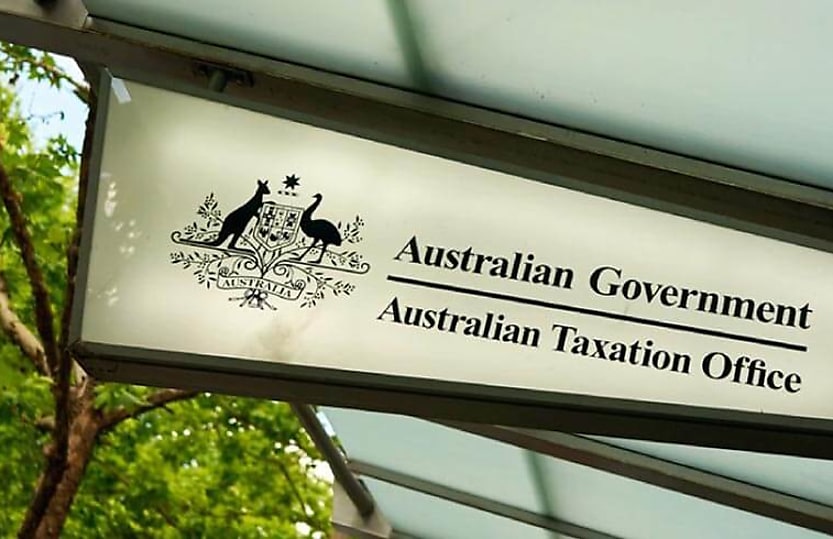ATO ramps up compliance action on ‘growing GST debt’

The Tax Office will undertake an early intervention program to assess GST risk across tax agent practices.
The ATO is seeing increased numbers of businesses reporting but not remitting GST, leading to an increase in GST debt, according to ATO deputy commissioner Hector Thompson.
Speaking at a recent Tax Institute conference, Mr Thompson said GST is now the fastest-growing tax debt across all taxes administered by the ATO.
“We understand that recent times have been challenging and there will be more challenges ahead. However, reporting, but not remitting GST creates an uneven playing field for businesses that do remit the GST,” Mr Thompson said at the Tax Institute National GST Conference.
Mr Thompson said the ATO is “resetting its approach” to GST compliance to prevent businesses falling behind in the first place and positioning them to be able to recover if they do.
“This year we are introducing a program to provide tax professionals with our insights around potential GST risks,” he said.
“Over the next four years, we will undertake early intervention engagement activities with registered tax agents who may have clients that exhibit potential GST-related risks.”
The aim of the program is to educate and leverage agents’ relationships with their clients to positively influence their behaviours and ensure compliance with regulations.
“We will deliver risk alerts to some tax agents providing a view of potential risks in their client base. The intention here is to encourage agents to review their processes and interactions with their clients, and take corrective action, where appropriate,” he said.
The ATO will also undertake virtual engagement with agents to provide them with the ATO’s view of GST risk within their practice and support their understanding and approach to GST risks in their client base.
“We believe that this program will not only improve and strengthen compliance but also foster a deeper understanding of GST regulations among tax professionals. It will allow us to work closely to detect risks early and take corrective action,” said Mr Thompson.
Tax professionals play a critical role in supporting the administration of GST and ensuring compliance, he said.
“You see the early signs when your client is struggling or operating a business with potential GST issues and can advise them on the best course of action.”
Targeted industry strategy
This year the ATO will also be implementing a targeted industry strategy in relation to high-wealth groups focusing on retail, construction, and retirement village industries.
The targeted industry focus will allow the ATO to understand the unique challenges facing each industry.
“We can pinpoint areas of risk to develop tailored approaches to ensure entities within particular industries are paying the correct amount of GST, detect risky behaviour early and apply appropriate treatment,” he said.
The retail and construction industries are the two most significant industries for GST activity and were both significantly impacted by the COVID-19 pandemic, according to the ATO.
“Retail experienced rapid growth and an increased reliance on online sales, however, we have concerns about whether some retailers’ systems, controls and governance have kept pace with their growth and changes in business model,” said Mr Thompson.
Some retailers may lack systems that are capable of handling shifts in sales volume, product classifications and intragroup transactions, he said.
The ATO will also continue its crackdown on the use of illegal electronic sales suppression tools, which are used to mask, understate, or delete a transaction at the point of sale, resulting in fraudulent records and evasion of taxation.
Mr Thompson said that retirement villages also present challenges in terms of GST.
“We are undertaking a broad review of the issues impacting the sector to develop a greater understanding of industry operating models, including emerging business models, and to identify opportunities to provide comprehensive and fit-for-purpose guidance to the sector,” he said.
“The demographic shift associated with the aging of the Australian population underscores the importance of this work.”
About the author

